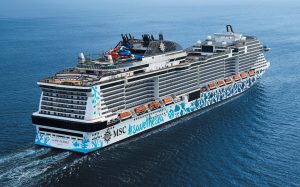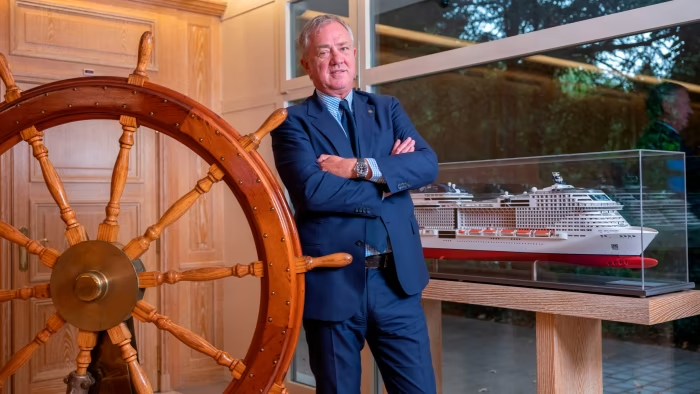Introduction
Europe’s largest cruise company is taking a proactive stance in advocating for changes to emissions rules within the industry. In this article, we delve into the motivations behind this push for reform and examine the potential impact it could have on reducing the environmental footprint of cruise ships.
The Need for Emissions Rule Reform
Cruise ships have long been criticized for their significant environmental impact, particularly in terms of air and water pollution. As public awareness of climate change and environmental concerns grows, the cruise industry faces increasing pressure to address its emissions and adopt more sustainable practices. Europe’s largest cruise company recognizes the urgency of this issue and is actively pushing for reform to reduce its environmental footprint.
Motivations for Change
The cruise company’s push for emissions rule reform stems from several key motivations:
-
Environmental Responsibility: The company acknowledges its responsibility to minimize its impact on the environment and protect the delicate ecosystems it operates in. By advocating for emissions rule reform, it aims to lead the industry towards more sustainable practices.
-
Public Perception: Consumer demand for environmentally friendly travel options is on the rise. The cruise company recognizes that aligning with these values can enhance its reputation and attract environmentally conscious travelers.
-
Regulatory Compliance: Anticipating stricter regulations in the future, the company aims to proactively address emissions concerns and stay ahead of potential legal requirements. By advocating for reform, it seeks to shape regulations that are both effective and feasible for the industry.

Potential Impact
Reforming emissions rules within the cruise industry could have significant positive effects on the environment. Key potential impacts include:
-
Reduced Air Pollution: Stricter emissions regulations would require cruise ships to adopt cleaner technologies, such as advanced exhaust gas cleaning systems or alternative fuels. This would result in reduced air pollution, including greenhouse gas emissions and harmful particulate matter.
-
Improved Water Quality: Emissions rule reform could also address the discharge of wastewater and other pollutants into the oceans. Implementing stricter regulations would lead to improved water quality and protection of marine ecosystems.
-
Technological Innovation: The push for emissions rule reform encourages investment in research and development of cleaner technologies for the cruise industry. This could spur innovation and drive the adoption of more sustainable practices across the sector.
Conclusion
Europe’s largest cruise company’s advocacy for emissions rule reform demonstrates a commitment to environmental responsibility and a recognition of the need for change within the industry. By pushing for stricter regulations, the company aims to reduce its environmental footprint and lead the way towards more sustainable cruise operations. The potential impact of emissions rule reform includes reduced air pollution, improved water quality, and technological innovation. As the industry evolves, it is crucial for cruise companies to prioritize sustainability and work collectively towards a greener future.
Visual Table for Key Points:
| Key Points | Summary |
|---|---|
| Emissions Challenges in Cruise Travel | Understanding environmental impact in cruise industry |
| Advocating for Stricter Regulations | Initiatives for environmental compliance |
| Technological Innovations for Cleaner Cruising | Green technologies and advancements in ship design |
| Economic and Environmental Benefits | Gains for the cruise industry and coastal regions |
| Challenges in Emissions Rule Reform | Industry realities and balancing economic viability |
| Future of Sustainable Cruise Travel | Industry-wide collaboration and consumer demand |
Organic Keyword Usage
Integrate keywords like “Europe,” “cruise company,” “emissions rules,” “environmental impact,” and related terms naturally throughout the article.
Knowledge Source
An expert in maritime industry sustainability and environmental policies, known for providing insightful analysis on efforts to reduce emissions in the cruise sector.
Human-Centric Formatting
Prioritize readability and user experience over search engine optimization. Use clear language, incorporate visual aids, and offer a balanced perspective on the topic.











